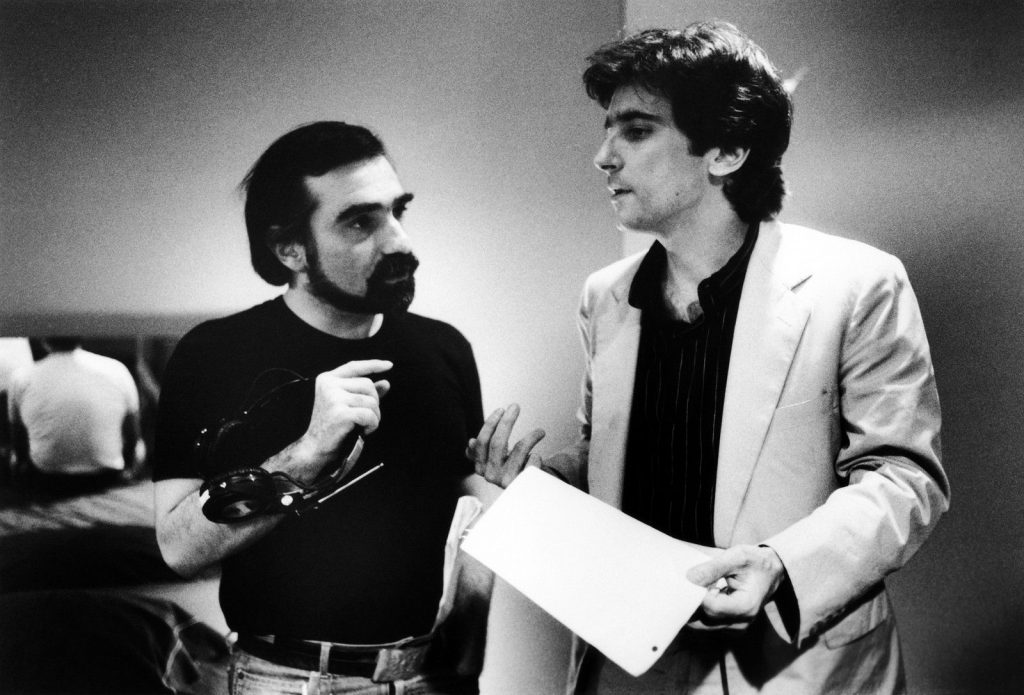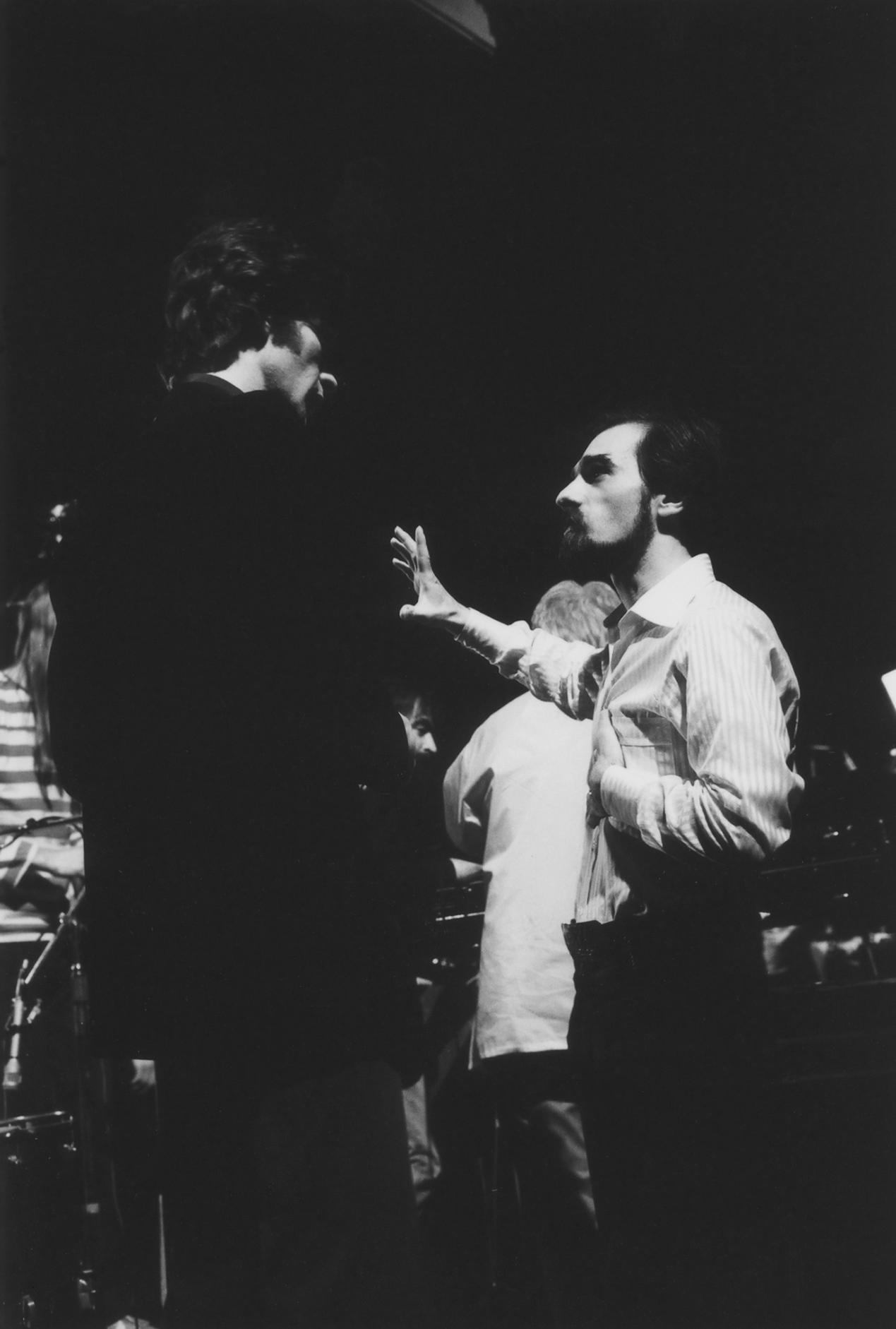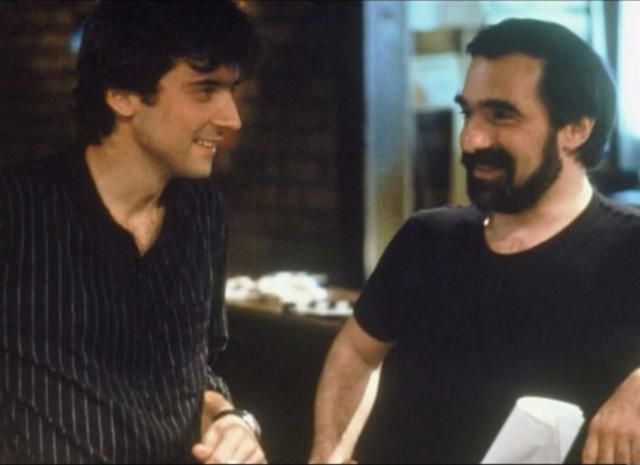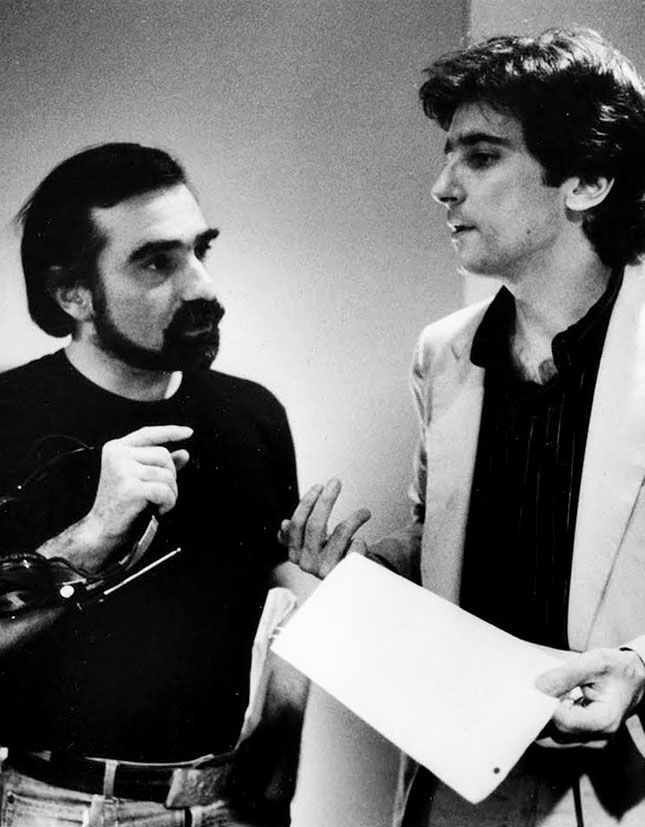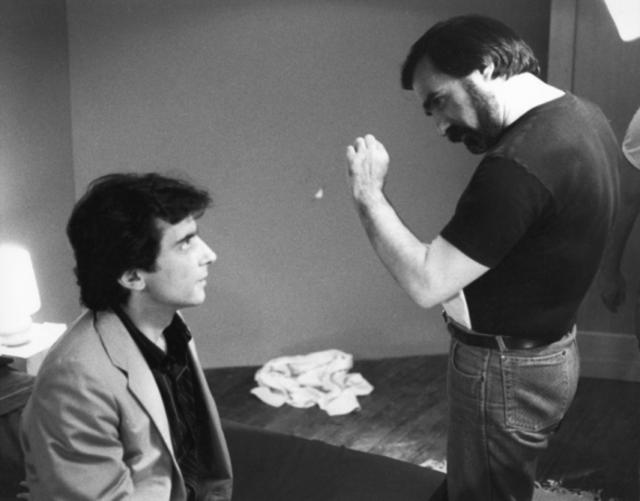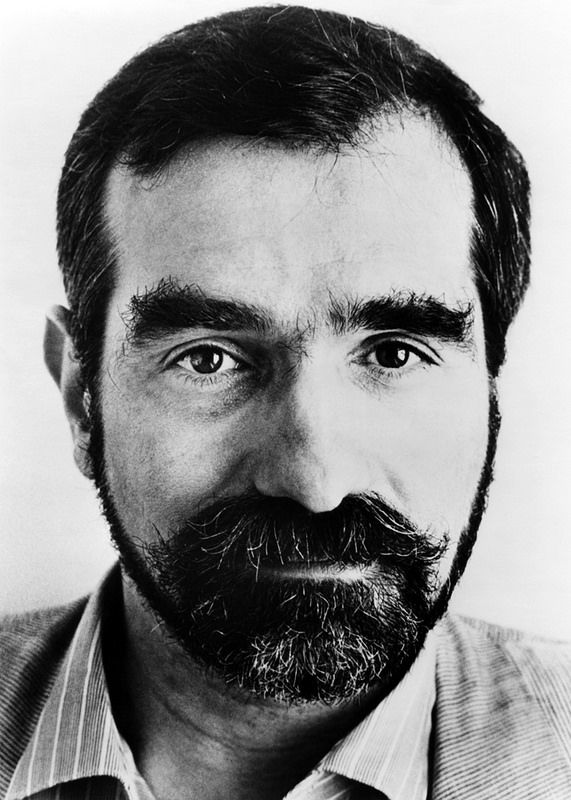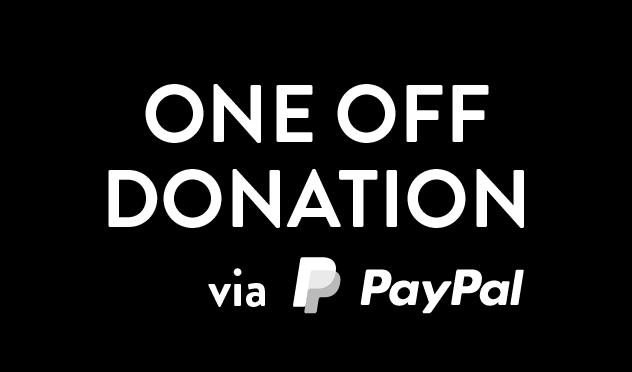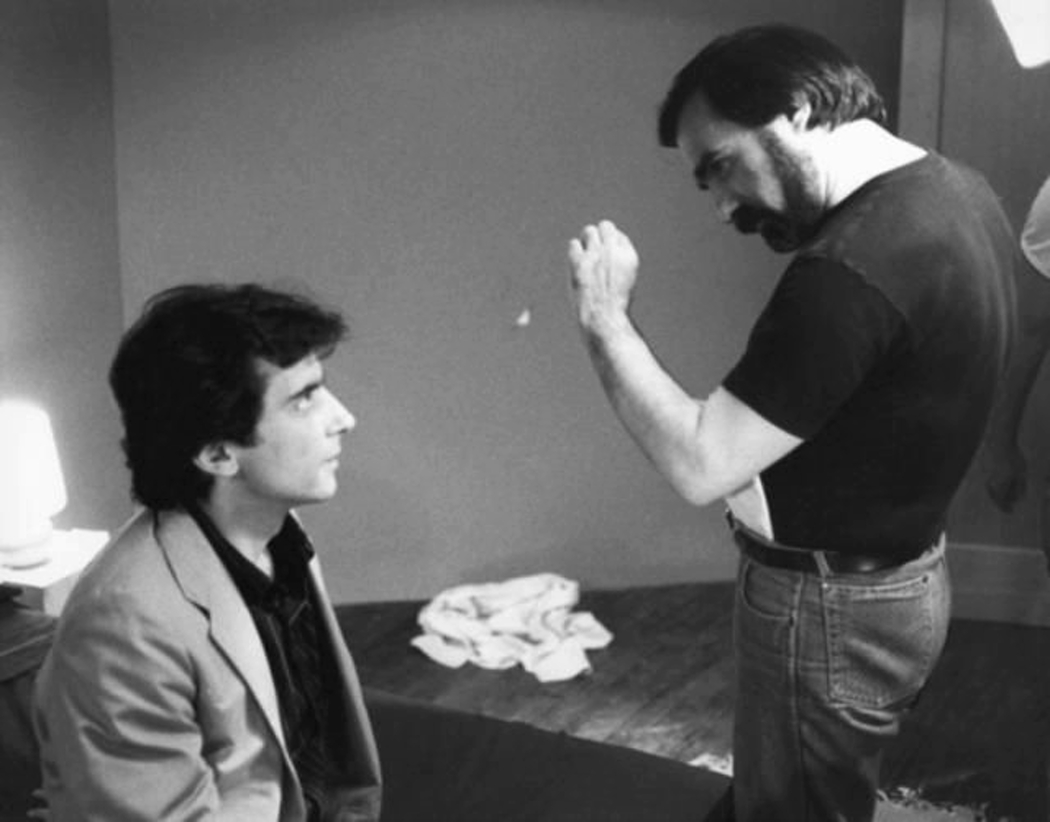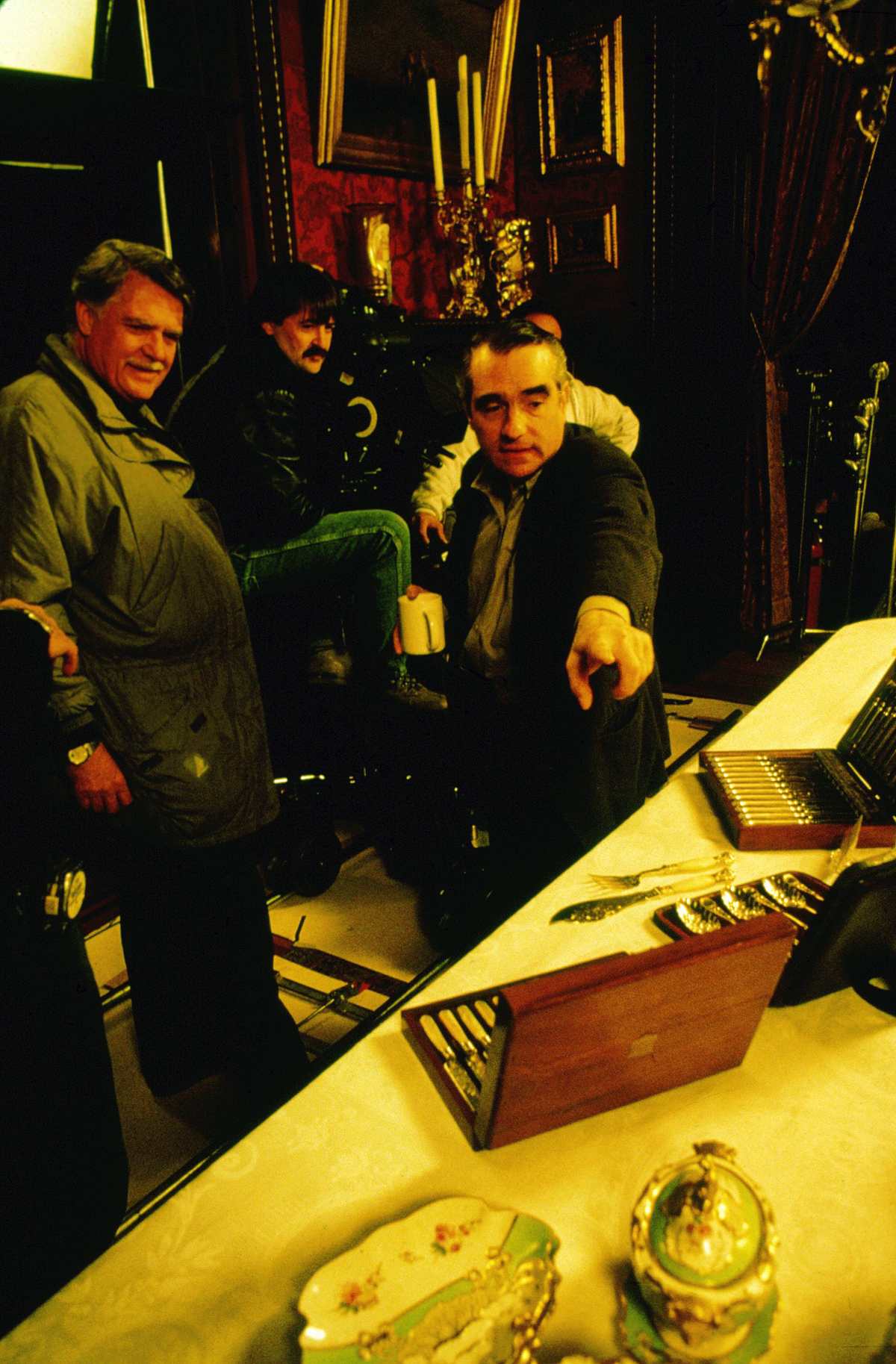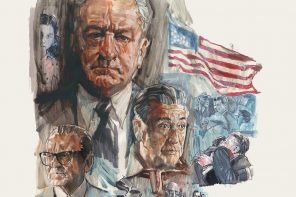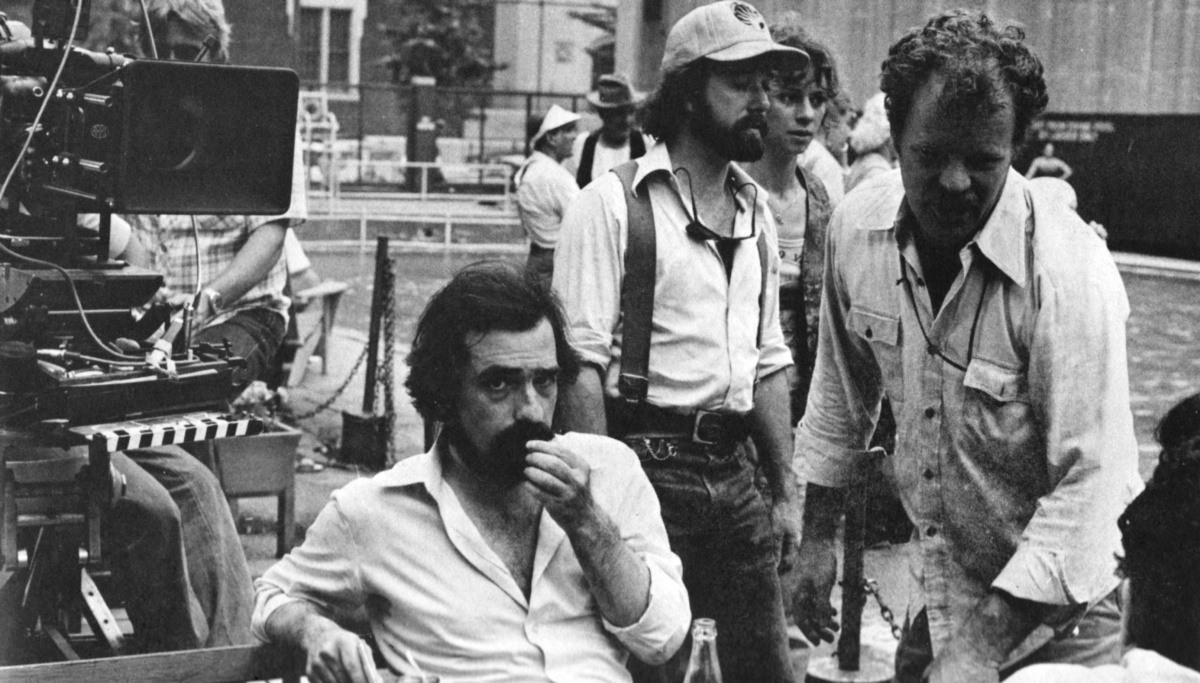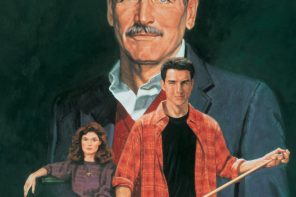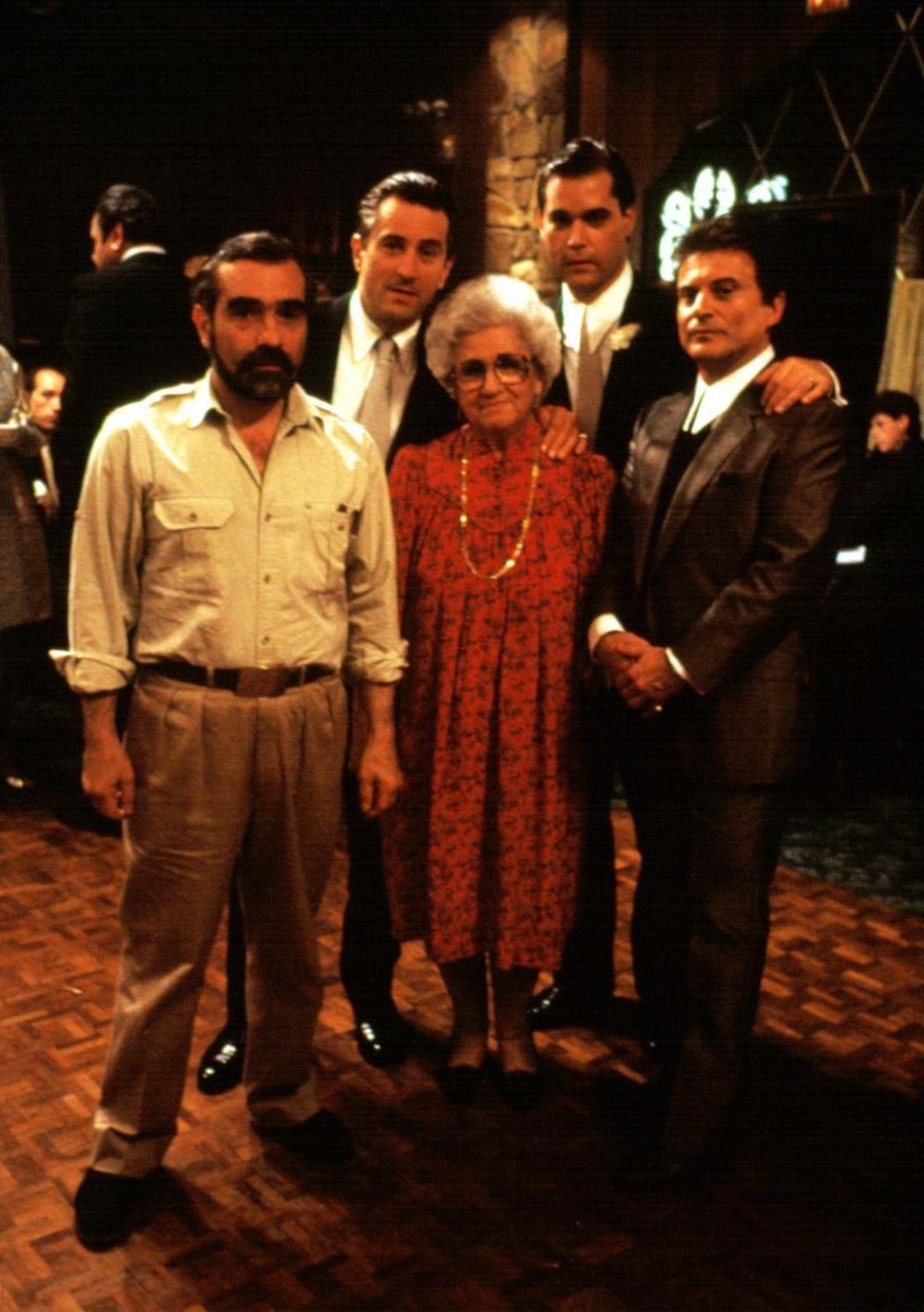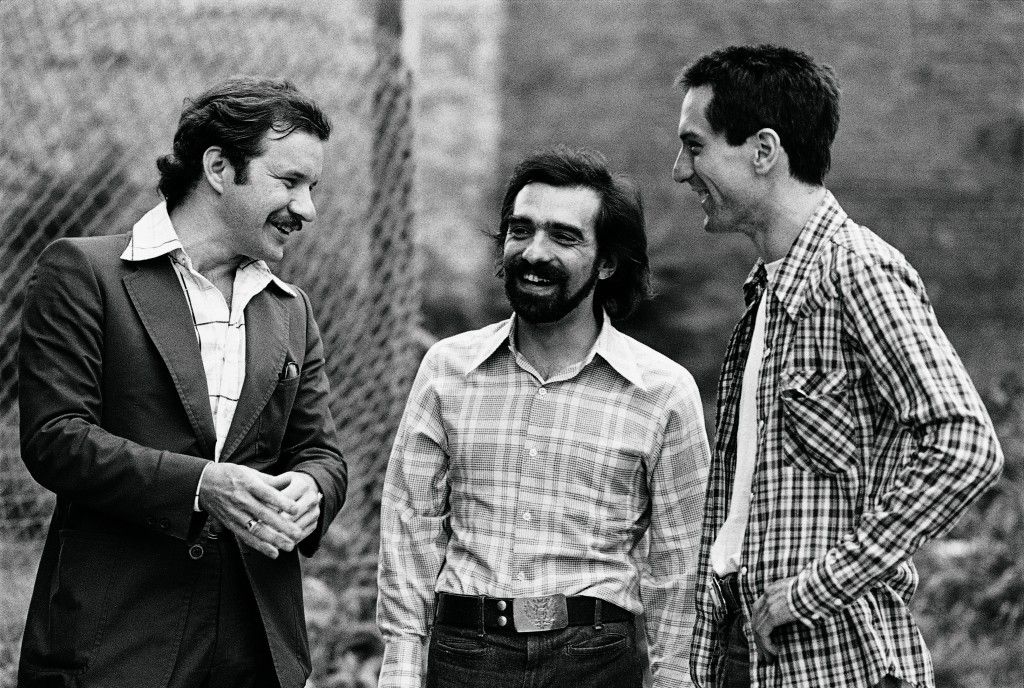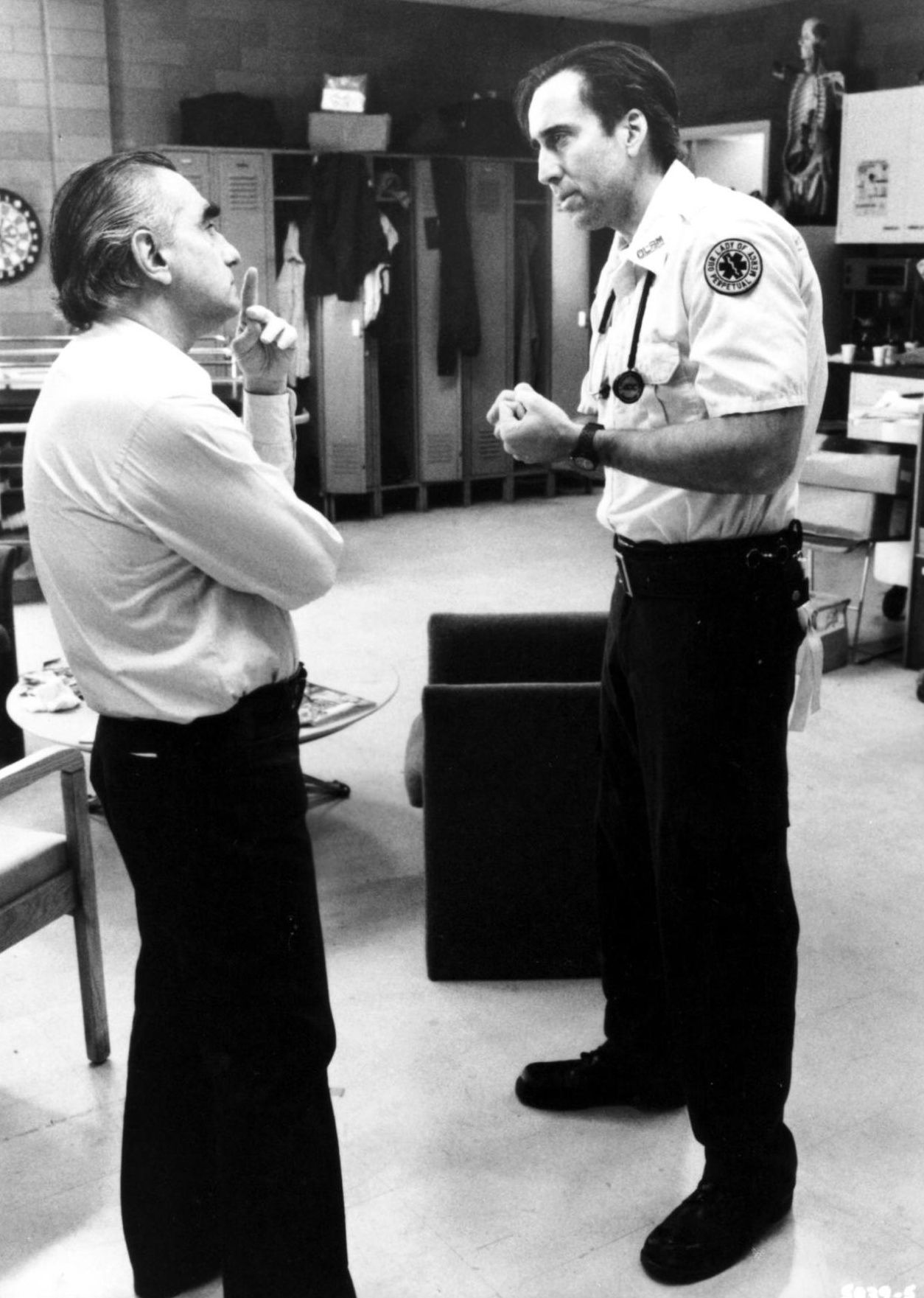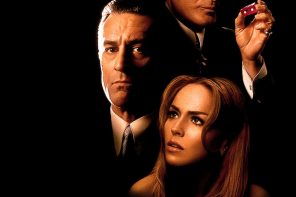In an attempt to somehow merge the genre of comedy with unmistakable elements of satire and to a degree even horror, Martin Scorsese took the city he loved so much and portrayed it as a Twilight Zone heap of madness, fear and paranoia situated on top of hell itself. We follow an extraordinary day in the life of a common man, word-processing specialist who goes for a coffee with a mysterious, attractive woman and soon finds himself at the center of a nightmarish contemporary Manhattan Odyssey. A simple man, with basically no control over the events that unfold seemingly determined to destroy him, is forced to go through a series of bizarre incidents, sinking deeper into a pool of problems with every passing minute. It is to no surprise that the great Roger Ebert called Scorsese’s film the tensest comedy he could remember. After Hours was geniously written by Joseph Minion, and Scorsese surrounded himself by a palette of actors and actresses he doesn’t usually work with: An American Werewolf in London‘s Griffin Dunne is completely convincing as the protagonist, and the likes of Rosanna Arquette, Linda Fiorentino and John Heard give their best to help make this unusual film as haunting as it is. Definitely one of the more peculiar entries in Scorsese’s resume, and a film that easily proves the filmmaker’s diversity and skill.
A monumentally important screenplay. Dear every screenwriter, read Joseph Minion’s screenplay for After Hours. It was originally titled Lies after the 1982 Joe Frank monologue that inspired the story [PDF]. (NOTE: For educational and research purposes only). The DVD of the film is available at Amazon and other online retailers. Absolutely our highest recommendation.
 Loading...
Loading...
An excerpt from Scorsese by Ebert.
Since that first day, Scorsese has never disappointed me. He has never made an unworthy film. He has made a few films that, he confided, he “needed” to do to get other films made, but those films were well made, and if it is true, for example, that After Hours was done simply to keep him busy and distracted after the heartbreak of the first cancellation of The Last Temptation of Christ, it is also true that After Hours is one of his best films. He has fashioned the career of an exemplary man of the cinema, not only directing important films, but also using his clout to “present” or co-produce films by such directors as Antoine Fuqua, Wim Wenders, Kenneth Lonergan, Stephen Frears, Allison Anders, Spike Lee, and John McNaughton. He has founded the Film Foundation, dedicated to film preservation. He has produced and hosted long documentaries about American and Italian films. He has been a leading citizen of Movie City. —Roger Ebert
Filming for Your Life: Making After Hours—star Griffin Dunne, producer Amy Robinson, editor Thelma Schoonmaker and director Martin Scorsese are interviewed in this 19-minute featurette that takes a look at the making of After Hours. We learn that originally Scorsese had to turn it down because he was filming The Last Temptation of Christ and the project was then offered to Tim Burton. However, after the Scorsese picture got shut down he jumped back on board. Dunne talks a lot about the way Scorsese directed him as well as giving us a pretty good idea of how he got into certain scenes. Dunne also talks about Scorsese having a shot list made up so that people knew exactly what they were going to do each day. Some of the best discussion comes about the ending and the various ways they thought about ending it including one crazy bit where Dunne would crawl up into a woman and she would later give birth to him! [via]
On the set of After Hours. Photographed by Barry Wetcher © The Geffen Company, Double Play. Intended for editorial use only. All material for educational and noncommercial purposes only.
If you find Cinephilia & Beyond useful and inspiring, please consider making a small donation. Your generosity preserves film knowledge for future generations. To donate, please visit our donation page, or click on the icon below:
Get Cinephilia & Beyond in your inbox by signing in
[newsletter]

